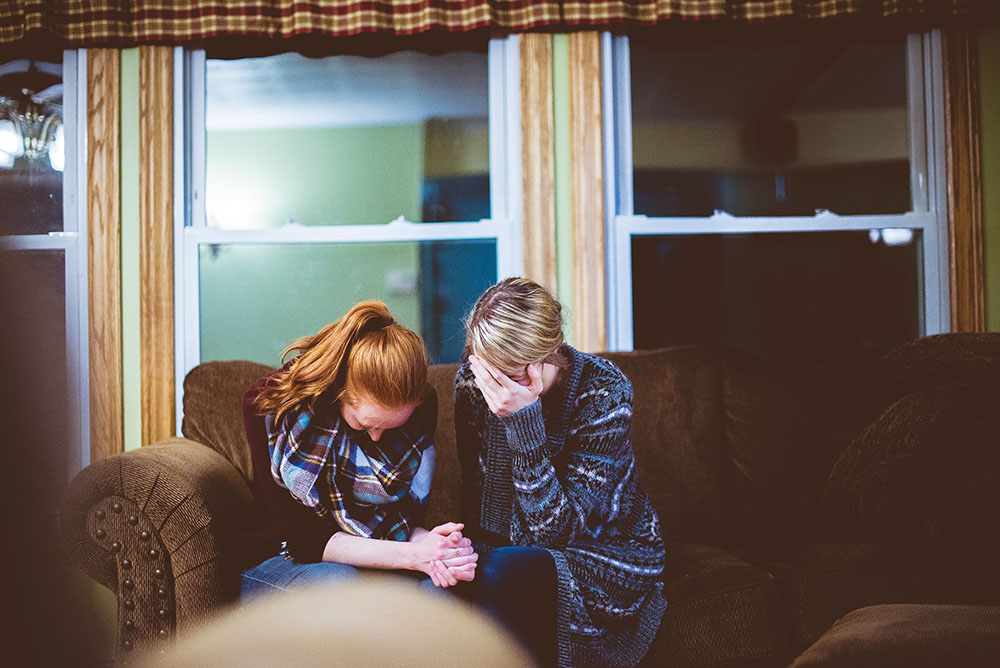From ScienceDaily.com
September 21, 2017
Summary:
New research from University of Liverpool reports that a quarter of girls (24%) and one in 10 boys (9%) are depressed at age 14.
Researchers from the University of Liverpool and University College London looked at information on more than 10,000 children born between 2000 and2001 who participate in the Millennium Cohort Study.
At ages 3, 5, 7, 11 and 14, parents reported on their children’s mental health. When the children reached 14, they were themselves asked questions about their depressive symptoms, among other things.
Based on over 10,000 14-year-olds reporting their emotional issues, 24 per cent of girls and 9 per cent of boys suffer from depression.
Family income plays a role
The research also looked at the relationship between depressive symptoms and family income. Generally, 14-year-olds from wealthier families were less likely to have high levels of depressive symptoms compared to peers from lower income homes.
Parents’ reports of emotional problems were similar for boys and girls throughout childhood, increasing from 7 per cent of children at age 7 to 12 per cent at age 11. However, by the time they reached early adolescence at age 14, emotional issues became more prevalent in girls, with 18 per cent having symptoms of depression and anxiety, compared to 12 per cent of boys.
As 14-year-olds’ own reports of their emotional problems were different than their parents’, this research highlights the importance of considering young people’s views on their own mental well-being.
‘Worryingly high rates of depression’
The lead author, Dr Praveetha Patalay from the University of Liverpool’s Institute of Psychology, Health and Society, said: “In recent years, there has been a growing policy focus on children’s mental health. However, there has been a lack of nationally representative estimates of mental health problems for this generation.
“In other research, we’ve highlighted the increasing mental health difficulties faced by girls today compared to previous generations and this study further highlights the worryingly high rates of depression.”
Professor Emla Fitzsimons, Director of the Millennium Cohort Study, said: “These stark findings provide evidence that mental health problems among girls rise sharply as they enter adolescence; and, while further research using this rich data set is needed to understand the causes and consequences of this, this study highlights the extent of mental health problems among young adolescents in the UK today.”
‘Crisis point’
Anna Feuchtwang, Chief Executive of the National Children’s Bureau, said: “This study of thousands of children gives us the most compelling evidence available about the extent of mental ill-health among children in the UK. With a quarter of 14-year-old girls showing signs of depression, it’s now beyond doubt that this problem is reaching crisis point.
“Worryingly, there is evidence that parents may be underestimating their daughters’ mental health needs. Conversely, parents may be picking up on symptoms in their sons, which boys don’t report themselves. It’s vital that both children and their parents can make their voices heard to maximise the chances of early identification and access to specialist support.
“The new research also suggests that signs of depression are generally more common among children from poorer families. We know that mental health doesn’t exist in a vacuum and as the government prepares to publish its plans to improve children’s wellbeing, it must address the overlap with other aspects of disadvantage.”
The full study, entitled ‘Mental ill-health among children of the new century’, can be found here.
Story Source:
Materials provided by University of Liverpool. Note: Content may be edited for style and length.
University of Liverpool. “One in four girls is depressed at age 14.” ScienceDaily. ScienceDaily, 21 September 2017. <www.sciencedaily.com/releases/2017/09/1709211107


Recent Comments